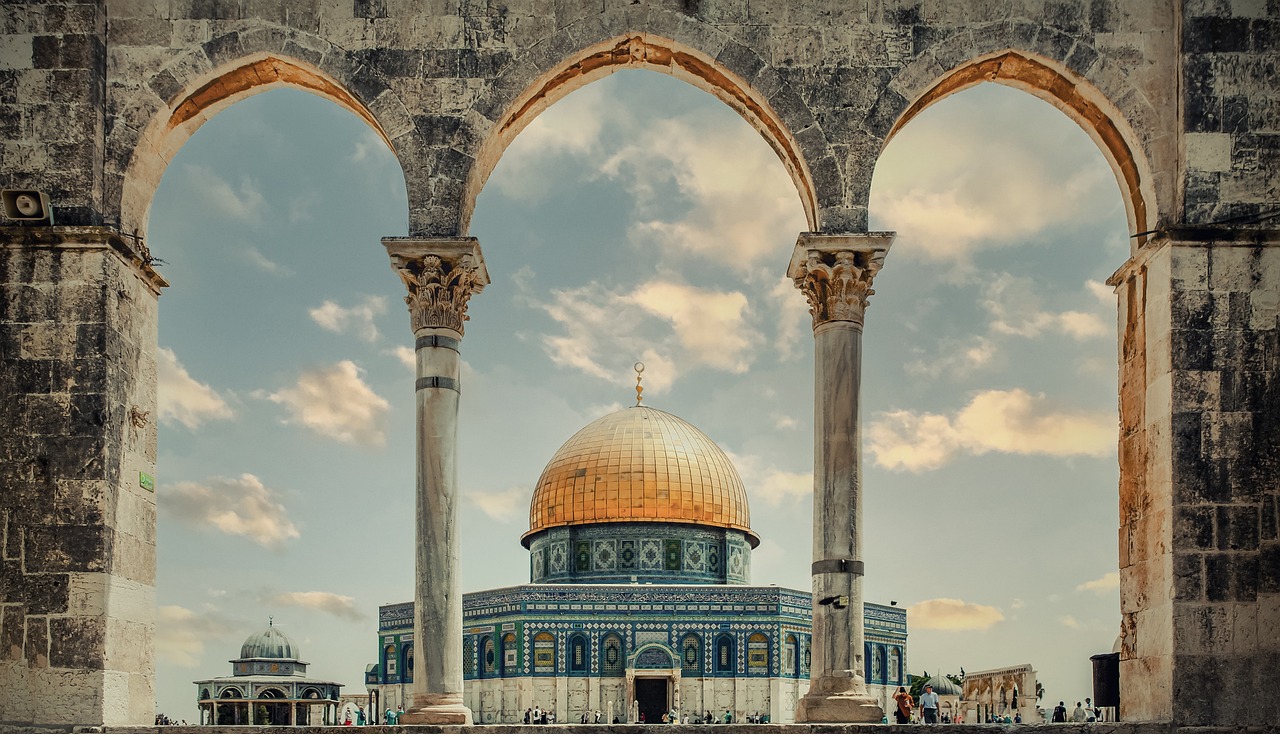Language and Communication: Overcoming Barriers in Israel
Israel, a country located in the Middle East, is known for its rich cultural diversity and historical significance. With a population of over 9 million people, Israel is home to various linguistic and cultural groups. This diversity brings about language barriers that need to be overcome for effective communication and understanding among its residents. In this article, we will explore the challenges faced in language and communication in Israel and the strategies implemented to overcome these barriers.
Linguistic Diversity in Israel
Israel is a multilingual society where Hebrew is the official language. However, due to historical and cultural factors, several other languages are also spoken. Some of the significant languages spoken in Israel include Arabic, Russian, Amharic, English, and French. The coexistence of multiple languages poses challenges in communication, especially in areas where there is a lack of proficiency in the dominant language.
- Arabic: Arabic is one of the official languages of Israel, primarily spoken by the Arab population. It plays a crucial role in the daily lives of Arab Israelis, including education, media, and government services.
- Russian: Russian is spoken by a significant number of Israeli citizens who immigrated from the former Soviet Union. It is particularly prevalent among the older generation and is still used in some communities, media outlets, and cultural events.
- Amharic: Amharic is spoken by the Ethiopian Jewish community in Israel. It is taught in schools and used in religious ceremonies, helping to maintain their cultural identity.
- English: English is widely spoken in Israel, mainly among the younger generation and in business and tourism sectors. It serves as a lingua franca for communication between people from different linguistic backgrounds.
- French: French is spoken by a small but significant portion of the population, mainly due to historical ties between Israel and France. It is often used in diplomatic and cultural contexts.
The Challenges of Language Barriers
The linguistic diversity in Israel presents several challenges in daily communication, both in personal and professional settings. These challenges include:
- Misunderstandings: Language barriers can lead to misunderstandings and misinterpretations, affecting effective communication and creating confusion among individuals.
- Exclusion: Individuals who do not speak the dominant language may feel excluded from conversations, social activities, and accessing essential services.
- Education: Language barriers can impact educational opportunities for non-native speakers, hindering their academic progress and integration into society.
- Healthcare: Limited language proficiency can result in difficulties in accessing healthcare services and understanding medical instructions, leading to potential health risks.
- Employment: Language barriers may limit employment opportunities for individuals who are not proficient in the dominant language, affecting their economic stability and social integration.
Strategies for Overcoming Language Barriers
To address the challenges posed by language barriers, Israel has implemented several strategies to promote effective communication and inclusivity. These strategies include:
- Language Education: The Israeli education system emphasizes language education, focusing on Hebrew as the primary language of instruction. Efforts are made to provide support and resources for non-native speakers to learn Hebrew and integrate into society.
- Translation and Interpretation Services: Public institutions, such as hospitals, government offices, and educational institutions, provide translation and interpretation services to facilitate communication with non-Hebrew speakers. This ensures that essential information is accessible to all individuals.
- Community Centers: Community centers play a vital role in promoting language learning and cultural integration. They offer language courses and cultural programs to encourage interaction and understanding among different linguistic and cultural groups.
- Technology: The advancement of technology has also contributed to overcoming language barriers. Translation apps, online language courses, and digital communication platforms enable real-time translation and facilitate communication between individuals who speak different languages.
- Public Awareness and Sensitization: Public awareness campaigns and sensitivity training programs aim to foster understanding and respect for linguistic diversity. These initiatives promote inclusivity and encourage individuals to embrace different languages and cultures.
Israel Image 1:

Cultural Exchange Programs:
Cultural exchange programs provide opportunities for individuals from different linguistic backgrounds to interact, learn from one another, and develop a deeper understanding of each other’s cultures. These programs often include language immersion experiences, where participants live with host families and engage in language-focused activities.
Israel Image 2:

Language Support in Employment:
Employers in Israel recognize the importance of language skills and provide language support to employees who are not proficient in Hebrew. This support may include language training programs, translation services, or assigning bilingual colleagues as mentors.
Israel Image 3:

Conclusion
Language and communication barriers in Israel are significant challenges that require ongoing efforts to overcome. Through language education, translation services, community programs, and technological advancements, Israel strives to promote inclusivity and effective communication among its diverse population. By embracing linguistic diversity, Israel fosters a society where individuals can communicate, understand, and appreciate each other’s languages and cultures.
References
– Ministry of Foreign Affairs – Israel: mfa.gov.il
– Central Bureau of Statistics – Israel: cbs.gov.il
– Israel Ministry of Education: education.gov.il
– Israel National Institute for Health Policy Research: inihp.org.il


